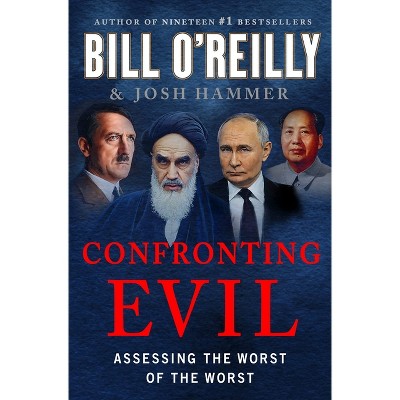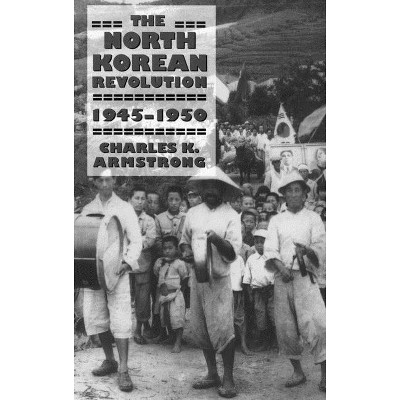Peasant Metropolis - (Studies of the Harriman Institute) by David L Hoffmann (Paperback)

About this item
Highlights
- During the 1930's, 23 million peasants left their villages and moved to Soviet cities, where they comprised almost half the urban population and more than half the nation's industrial workers.
- About the Author: David L. Hoffmann is Professor of History at The Ohio State University.
- 304 Pages
- History, Russia & the Former Soviet Union
- Series Name: Studies of the Harriman Institute
Description
About the Book
During the 1930's, 23 million peasants left their villages and moved to Soviet cities, where they comprised almost half the urban population and more than half the nation's industrial workers. Drawing on previously inaccessible archival materials...
Book Synopsis
During the 1930's, 23 million peasants left their villages and moved to Soviet cities, where they comprised almost half the urban population and more than half the nation's industrial workers. Drawing on previously inaccessible archival materials, David L. Hoffmann shows how this massive migration to the cities--an influx unprecedented in world history--had major consequences for the nature of the Soviet system and the character of Russian society even today.Hoffmann focuses on events in Moscow between the launching of the industrialization drive in 1929 and the outbreak of war in 1941. He reconstructs the attempts of Party leaders to reshape the social identity and behavior of the millions of newly urbanized workers, who appeared to offer a broad base of support for the socialist regime. The former peasants, however, had brought with them their own forms of cultural expression, social organization, work habits, and attitudes toward authority. Hoffmann demonstrates that Moscow's new inhabitants established social identities and understandings of the world very different from those prescribed by Soviet authorities. Their refusal to conform to the authorities' model of a loyal proletariat thwarted Party efforts to construct a social and political order consistent with Bolshevik ideology. The conservative and coercive policies that Party leaders adopted in response, he argues, contributed to the Soviet Union's emergence as an authoritarian welfare state.
Review Quotes
Hoffmann develops a clear argument from beginning to end, he presents strong supporting evidence, and he writes well. His subject is the massive migration of Soviet peasants from village to city during the 1930s.... His book is a major contribution to our understanding of the creation of Soviet society and of Soviet industry.
--John Bushnell "The Journal of Economic History"In his engrossing study of the social, political, and economic effects of the peasant influx into Moscow, David Hoffmann demonstrates from a vast array of evidence how on the one hand the long-standing tradition of migration assisted industrialization by directing peasant labor to factories and construction work but on the other the shape of that workforce was in the hands of village networks rather than official recruitment programs.... With scholarship as penetrating as it is original, Hoffmann shows quite dramatically that... the Soviet industrial system... never achieved 'rationalized and routinized production.'
--John Erickson "The Times Higher Education Supplement"It is the first study to place the Soviet experience of peasant in-migration during the 1930s into a European and even global context.
-- "International Labor and Working-Class History"Just as the subjects of his study span the village and the city, Hoffmann has bridged the chasms between the literature on workers and on peasants. He also places his study in the context of literature on migration, class, and identity formation.
-- "Journal of Social History"About the Author
David L. Hoffmann is Professor of History at The Ohio State University. He is the author of Stalinist Values: The Cultural Norms of Soviet Modernity, 1917-1941, also from Cornell.
Shipping details
Return details
Trending History











